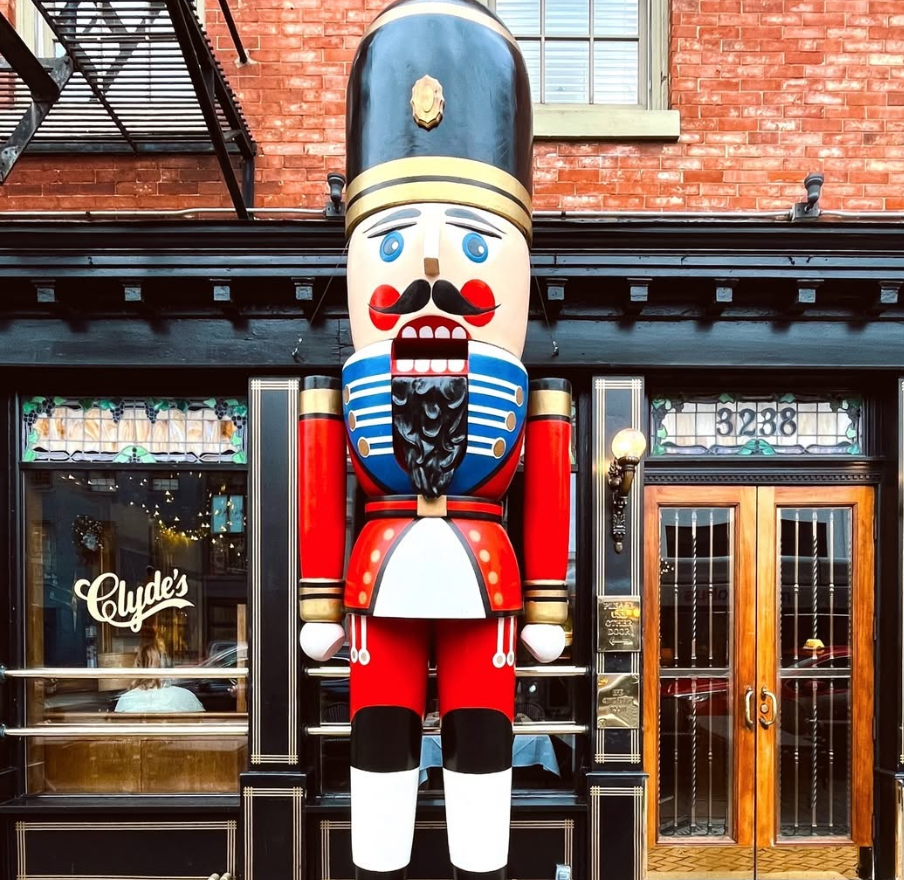Following weeks of tremendous hype, Bruce Springsteen’s 18th studio album finally hits record stores tomorrow. “Wrecking Ball” is not the Boss’s finest work, but it does successfully blend adventurous instrumentals with well-written lyrics to deliver a powerful message sure to hit home with 2012 Americans.

Springsteen opens with the album’s first single, “We Take Care of Our Own.” He establishes his angry, fed-up tone with America by asking, “Where’s the love that has not forsaken me/Where’s the work that’ll set my hands, my soul free/Where’s the spirit that’ll reign over me/Where’s the promise from sea to shining sea.”
While the meaning of this song is clear, its first few chords are reminiscent of “Girls in Their Summer Clothes,” and the track has a pop sound that contradicts with the solemn attitude he’s trying to convey. That, along with the female back-up vocals in the second half of the song, trivializes the raw power of Springsteen’s voice and makes for a weak first impression.
After a slow start, “Wrecking Ball” starts rolling with “Shackled and Drawn,” the most well-written song on the album. As he does later in “Jack of All Trades,” Springsteen assumes the persona of a man struggling to find work, lambasting the United States’ high unemployment rate.
Springsteen reinforces his frustration with the current economy, singing, “Workingman pays the bills/It’s still fat and easy up on banker’s hill/Up on banker’s hill, the party’s going strong/Down here below we’re shackled and drawn.” Springsteen’s vexation with the class inequality in the U.S. establishes “Wrecking Ball” as the unofficial soundtrack of the Occupy Movement and “Shackled and Drawn” as its theme song.
On the album’s titular track, Springsteen doesn’t adopt any characters but instead begins with the lyrics, “I was raised outta steel in the swamps of Jersey,” and continues to tell his own story. While this song is well-written, it’s most notable for its instrumentals, which feature Clarence Clemons, the E Street Band member who passed away in June, on saxophone. Clemons is also on “Land of Hope and Dreams,” the best song on the album and a perfect swan song for the Big Man.
For “Rocky Ground,” Springsteen shifts his tone from anger to tempered optimism. The song is heavy on biblical allusions, as Springsteen sings, “Forty days and nights/Of rain washed this land/Jesus said the money changers/In the temple will not stand/Find your flock/Get them to higher ground/The floodwater’s rising/We’re Canaan bound.”
“Rocky Ground” is also a unique song from a musical standpoint, as Michelle Moore sings the refrain, introducing a woman’s voice into an otherwise masculine album, while another guest singer raps at the end of the song. Springsteen also experiments musically on “Easy Money,” which features a banjo and violin to produce a country sound, and “Death to My Hometown,” which has an Irish sound to it and almost sounds like a Flogging Molly song.
Springsteen’s creative musical efforts are hit or miss but ultimately not incredibly important for an album that’s more lyric-oriented. The lyrics aren’t catchy — every song is more for listening to than singing along with — but that’s not necessarily a bad thing. It has its up and its downs, but “Wrecking Ball” proves that the Boss is still in charge.









CM Punk • Mar 6, 2012 at 3:26 pm
I miss the saxophonist…
Jason • Mar 6, 2012 at 11:29 am
I have to disagree with the first commenter. Though Clarence passed this past summer, it still is a great album. But that true Bruce “feel” in his music has got to be Roy Bittan’s keyboard. I can’t wait to see the show coming up in a few weeks, it’ll be my fifth Bruce show!
Rock Guitarist • Mar 5, 2012 at 11:12 am
Not a very good album in general. lacks a real Bruce “feel” to it.